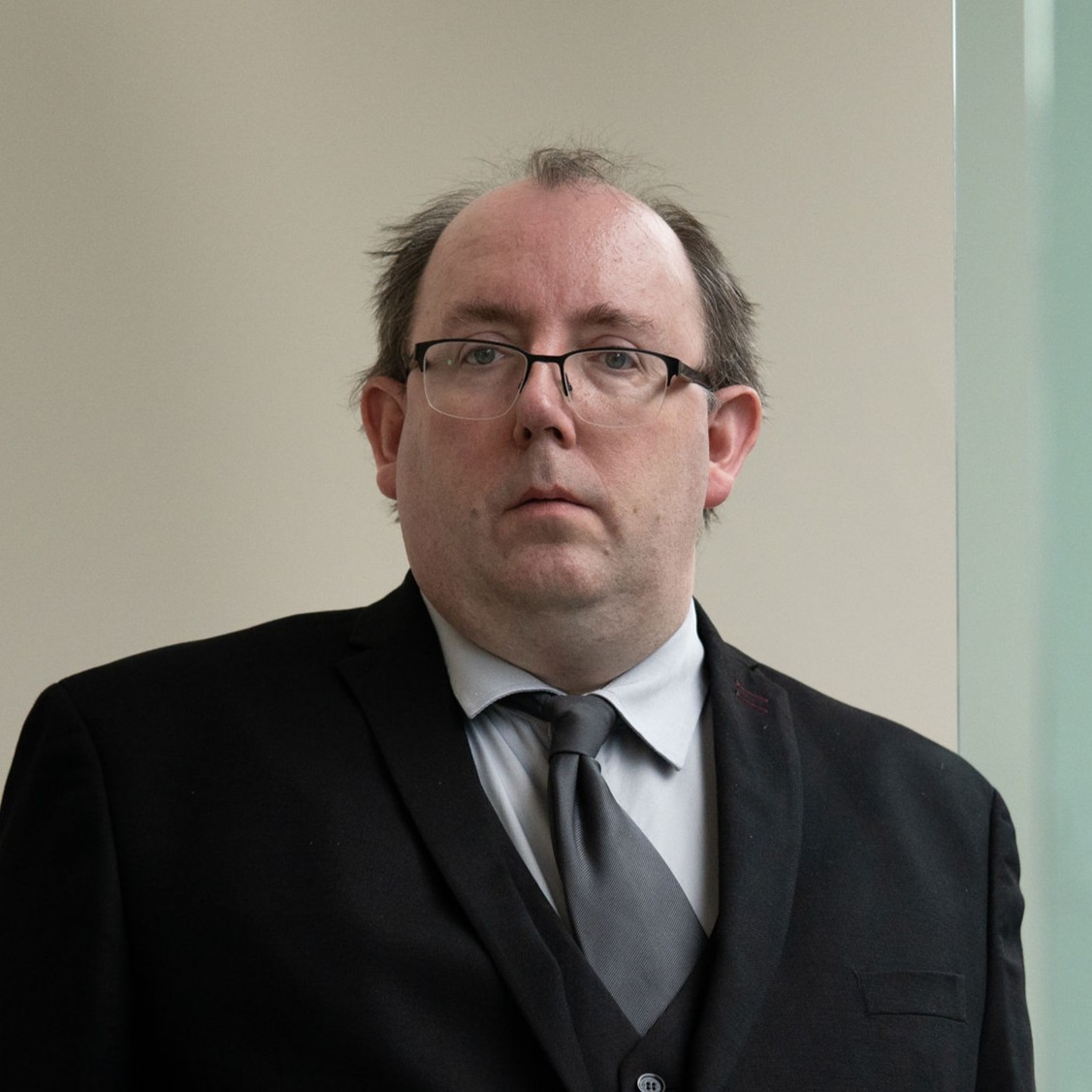Court of Protection
When a person becomes incapable of dealing their own affairs due to incapacity, they are unable to make a Lasting Power of Attorney. As a result, the Court of Protection will need to be involved. The Court of Protection will make decisions and appoint deputies to act on behalf of someone who is no longer able to make their own decisions. There are two areas of decision making – (i) management of a persons’ property and affairs, and (ii) making decisions in relation to a persons’ health and welfare.
Deputyship is usually granted to a friend or relative of the person whom they are assisting, or to a professional, such as a solicitor.
Applying to be a Deputy
To become a Deputy, an application to the Court of Protection must be made. Various forms must be completed to provide all the relevant information to the Court. This can take a considerable amount of time to complete and is it essential all information is accurate to prevent any delays in the application process.
In addition to this, an assessment of the persons’ capacity must be undertaken to confirm they are no longer capable of managing their own affairs.
We understand that an application to the Court of Protection can be a complicated and stressful process. If you would like to speak to a member of our private client team about making an application, we will be happy to assist. Firstly, we will arrange to meet with you to get a full understanding of the circumstances and obtain all the necessary information. At this meeting we will take the opportunity to answer any questions you may have. We will then prepare the relevant forms for you to approve and sign. We can arrange for a capacity assessment to be completed by an appropriate healthcare professional. We will then submit the application to the Court of Protection.
Please contact Wake Smith Solicitors Limited of No 1 Velocity, 2 Tenter Street, Sheffield, S1 4BY or on 0114 266 6660 for further information or to arrange an appointment.
Our Fees
Please note that the following information is for guidance only. We will provide you with a firm quote for the costs involved in making an application after an initial consultation with you and once we have all the necessary information to hand.
Our fees to make an application to the Court of Protection for the appointment of a Deputy are between £2,000 to £2,500 plus VAT (charged at 20%).
Disbursements are costs relating to your matter which are payable to third parties, such as Court fees. We will handle the payment of the disbursements on your behalf to ensure a smooth process. Disbursements likely to be incurred in this type of work, which are not subject to VAT, include:
- Court of Protection application fee of £421,
- Healthcare professional fee for preparing a capacity report in the region of £250 to £400,
- Court of Protection appeal fee of £265,
- Court of Protection hearing fee of £259,
- Court of Protection copy document fee of £5.00 per document,
- Deputy Bond fee – This will vary depending upon what level the Court of Protection sets the bond at.
FAQs
What is the Court of Protection?
The Court of Protection is a specialist Court which looks after individuals who lack capacity to make a decisions for themselves. The Court makes decisions for these individuals and can appoint someone to manage the affairs of the individual.
What does lack mental capacity mean?
Lacking mental capacity means that someone is unable to make a decision for themselves due to an impairment of the brain, either temporarily or permanently.
What is a Deputy?
A Deputy is a person authorised by the Court of Protection to make decisions of someone’s behalf. They manage the affairs of the person who lacks capacity.
Are there different types of Deputy?
There are two types of Deputy:
- Property and financial affairs – They will do things like pay the person’s bills, invest monies, organise their pension etc.
- Personal welfare – they will make decisions about medical treatment and how someone is looked after.
Usually the court will only appoint a personal welfare deputy if there’s doubt whether decisions will be made in someone’s best interests, for example because the family disagree about care or if someone needs to be appointed to make decisions about a specific issue over time, for example where someone will live
What is the responsibility of a Deputy?
Deputies are responsible for either the property and financial affairs of the individual, or their personal welfare, depending on the type of deputyship. They are responsible for making decisions on behalf of the individual lacking mental capacity - or helping them to make a decision - taking into account the level of their mental capacity at the time. They must always ensure that all decisions are in the best interests of the individual.
Who can apply to be a Deputy?
Deputies are normally close relatives or friends of the individual. Deputies must be 18 or over - and there can be more than one deputy. Some people are paid to act as deputies, for example solicitors, however permission must be received by the court to be paid to be a deputy.
What happens after an application is made?
There is a 14 day wait following submission of an application to become a deputy to allow any relevant parties to object. The Court of Protection will then approve or reject the application and possibly hold a hearing if further information is required or if there is an objection.
If the application is successful, the newly appointed deputy will be sent a 'court order'; this allows a personal welfare deputy to start acting on behalf of the individual straight away. However, a property and financial affairs deputy will need to pay a security bond first.
What is a security bond?
This is a type of insurance that protects the finances of the person you’re a deputy for. The Court will decide if a bond is payable and will inform you by letter. The letter will explain what to do next.
What happens after you have been appointed?
You will be send a court order telling you what you can and cannot do as a deputy. When you receive this, you can start acting on the person’s behalf.
How long will it take?
The application process can take between 12 – 24 months in total. Once the various forms have been completed and a capacity assessment has been conducted, the application is then submitted to the Court of Protection and it can take up to 6 months for a Judge to consider the application.
How can a deputy be changed or ended?
In order to renew, change or end a deputyship, an application must be submitted to the Court of Protection.








